Why Do Babies Develop Allergy Symptoms?
Babies are born with immature immune systems, making them more sensitive to allergens.
As they grow and are exposed to new foods, environments, and allergens, their immune systems can sometimes overreact — leading to symptoms like rashes, sneezing, or watery eyes.
Allergy symptoms in babies often appear as:
• Red, dry, or itchy skin
• Nasal congestion or sneezing
• Watery or puffy eyes
• Hives or eczema flare-ups
These reactions may be triggered by food, pollen, dust mites, pet dander, synthetic chemicals in skincare products, or even certain fabrics. Babies with a family history of eczema, asthma, or hay fever are also at higher risk.
While medical care is crucial for severe symptoms, most mild to moderate skin allergies can be managed at home with the right skincare and lifestyle practices.
Many parents are now turning to natural, gentle care methods that support the baby’s skin and help reduce allergy symptoms – without the use of steroids or added fragrance.
Below are dermatologist-recommended and parent-approved tips to help soothe baby’s allergy symptoms at home, starting with what you apply to your baby’s skin.

1. Use Fragrance-Free, Hypoallergenic Skincare
Babies' skin is thinner and more absorbent than adults’, which makes it easier for irritants to penetrate and cause flare-ups.
Common irritants or harsh ingredients like artificial fragrance, sulfates, or dyes can quickly trigger reactions in sensitive skin, resulting in redness, itchiness, or dry patches.
That’s why dermatologists recommend switching to 100% natural, fragrance-free skincare products that gently moisturize without triggering flare-ups.
Key benefits of using fragrance-free skincare:
• Soothes irritated or inflamed skin
• Reduces the risk of contact dermatitis or eczema
• Strengthens the skin barrier over time
Try:

California Baby® No Fragrance Super Sensitive™ Calendula Cream: ideal for fragrance-sensitive, allergy-prone, or reactive skin needing deep hydration and calming care.
o Soothes and deeply hydrates very dry, sensitive, and irritated skin
o Fragrance-free formula for allergy-prone skin and scent-sensitive baby
o Fast-absorbing, non-greasy formula for daily use on face and body
o Made with organic aloe vera and plant-based emollients to restore the skin barrier and lock in moisture
o Formulated with organic calendula extract and aloe vera for calming and moisturizing relief
According to the American Academy of Dermatology, avoiding added fragrance in baby products significantly lowers the risk of contact dermatitis and skin allergies.
2. Short, Lukewarm Baths with Gentle Washes
Long or hot baths can strip your baby’s natural oils and aggravate eczema or rashes.
Stick to 5–10 minute lukewarm baths, and always use a gentle, tear-free cleanser made for sensitive skin.
Try:
California Baby® No Fragrance Super SensitiveTM Shampoo & Body Wash: a gentle 2-in-1 formula without synthetic fragrances or allergens, safe and ideal for baby’s first bath.
o Extra gentle cleanser trusted in hospitals for newborn care
o Cleanses without drying or irritating sensitive skin
o Made from 100% plant-based cleansers and certified organic soap bark
o Formulated with organic calendula and aloe vera for soothing hydration

California Baby® Super SensitiveTM Bubble Bath – a bubble bath that soothes sensitive skin and transforms bath time into a gentle, bubbly experience.
o Fragrance-free formula ideal for dry, allergy-prone, and ultra-sensitive skin
o Produces soft, skin-friendly bubbles without irritation
o Gentle enough for newborns and safe for use during pregnancy
Tips:
After bath time, pat (don’t rub) the skin dry and apply a body oil within the first 3 minutes to lock in hydration — a technique recommended by paediatric dermatologists to manage eczema flare-ups.
Try:

California Baby® Super SensitiveTM Organic Body Oil – ideal for post-bath moisture or soothing massage, safe for newborns, kids, and pregnant women.
o Ultra-gentle, unscented body oil for sensitive or allergy-prone skin
o Fast-absorbing, non-greasy formula seals in moisture after bath
o Made with cold-pressed organic oils: canola, safflower, and evening primrose
o Helps restore the skin barrier and lock in hydration without irritation
o Made with 100% plant-based ingredients
3. Keep Fabrics Soft, Breathable, and Free of Harsh Detergents
Some babies develop skin reactions not because of food or pollen—but from what they wear or sleep on.
Fabrics that trap heat, contain synthetic dyes, or have been washed in strong detergents can cause flare-ups.
Tips:
• Use soft, breathable cotton sheets and clothing like Gerber Childrenswear
• Wash baby laundry separately using fragrance-free detergent
• Avoid fabric softeners and dryer sheets, which often contain irritants
• Dress your baby in loose-fitting clothes to reduce sweating and friction
4. Watch for Triggers
If your baby starts sneezing, rubbing their eyes, coughing, or develops patches of eczema, it may be a reaction to common environmental allergens or irritants.
Dust mites, pet dander, mold, strong scents, and even changes in temperature or humidity may be the cause.
Tips to reduce exposure:
• Use a HEPA air purifier in your baby’s room to filter airborne particles
• Regularly wash bedding and soft toys in hot water to reduce dust mites
• Wipe down pets with a damp cloth before they enter shared living spaces
• Avoid strong-smelling household cleaners, air fresheners, or perfumes
• Gently clean your baby’s face and hands after being in public places
According to the American College of Allergy, Asthma, and Immunology (ACAAI), these simple habits can help reduce environmental allergy symptoms in young children without needing medication.
5. Soothe Skin with Natural Anti-Inflammatory Ingredients
Instead of reaching for steroid creams at the first sign of a rash, you can use plant-based, anti-inflammatory ingredients to calm your baby’s skin.
Look for products that contain:
• Calendula – known for its anti-inflammatory and healing properties
• Aloe vera – helps cool and hydrate irritated skin
• Colloidal oatmeal – relieves itchiness and soothes dryness
Try:
California Baby® Eczema Cream - combines several of these ingredients in a formulation suitable for even the most sensitive skin.
o Relieves itching and irritation with active ingredient: 1% colloidal oatmeal
o Formulated with organic calendula extract and aloe vera to soothe and calm inflamed skin
o Made with plant-based emollients, lock in moisture to prevent dryness and future flare-ups
A clinical review by the National Eczema Association supports the use of non-steroidal, natural moisturizers as a first-line treatment for baby eczema and contact dermatitis.
6. When to Talk to a Doctor
While natural care can ease mild allergy symptoms, you should see a pediatrician or allergist if:
• Your baby has trouble breathing or feeding
• Rash spreads quickly or becomes infected
• Allergy symptoms persist despite care
• You suspect a food allergy or reaction to medication
Early intervention and testing can help you pinpoint triggers and avoid unnecessary discomfort.

Conclusion: Supporting Your Baby With Allergies—Naturally
Allergy symptoms in babies are common—and thankfully, many are manageable with the right care.
Choosing the right natural skincare products, avoiding common irritants, and staying mindful of environmental triggers can make a big difference in your baby’s comfort and skin health.
The California Baby® Super Sensitive™ series is specially designed for babies with allergy-prone skin.
These 100% plant-based, fragrance-free products offer gentle, effective care without common allergens or hidden irritants.
From daily soothing creams to bubble baths, body oils, and gentle shampoo & body wash —this line has everything you need for a calm, natural skincare routine.
Because when it comes to baby skin, less is more—and nature knows best.
References
- WebMD. “Allergies in Babies & Toddlers: Types, Diagnosis, Treatment.” https://www.webmd.com/allergies/allergies-babies-toddlers
- American Academy of Dermatology. “Skin Care for Babies with Sensitive Skin.” https://www.aad.org
- Cleveland Clinic. “Baby Eczema Care.” https://my.clevelandclinic.org
- American College of Allergy, Asthma & Immunology (ACAAI). “Managing Environmental Allergies in Children.” https://acaai.org
- National Eczema Association. “Moisturizers and Natural Treatments.” https://nationaleczema.org






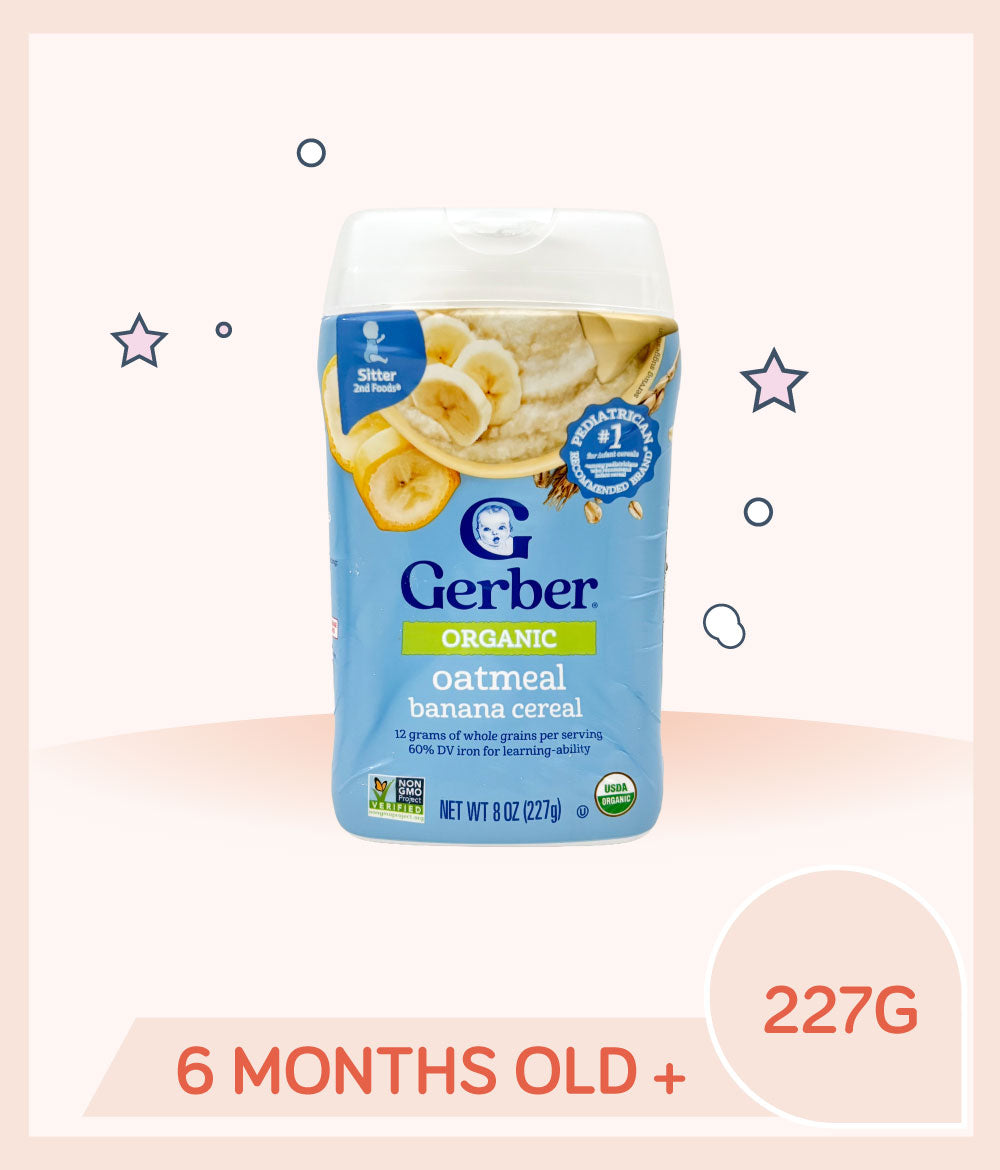

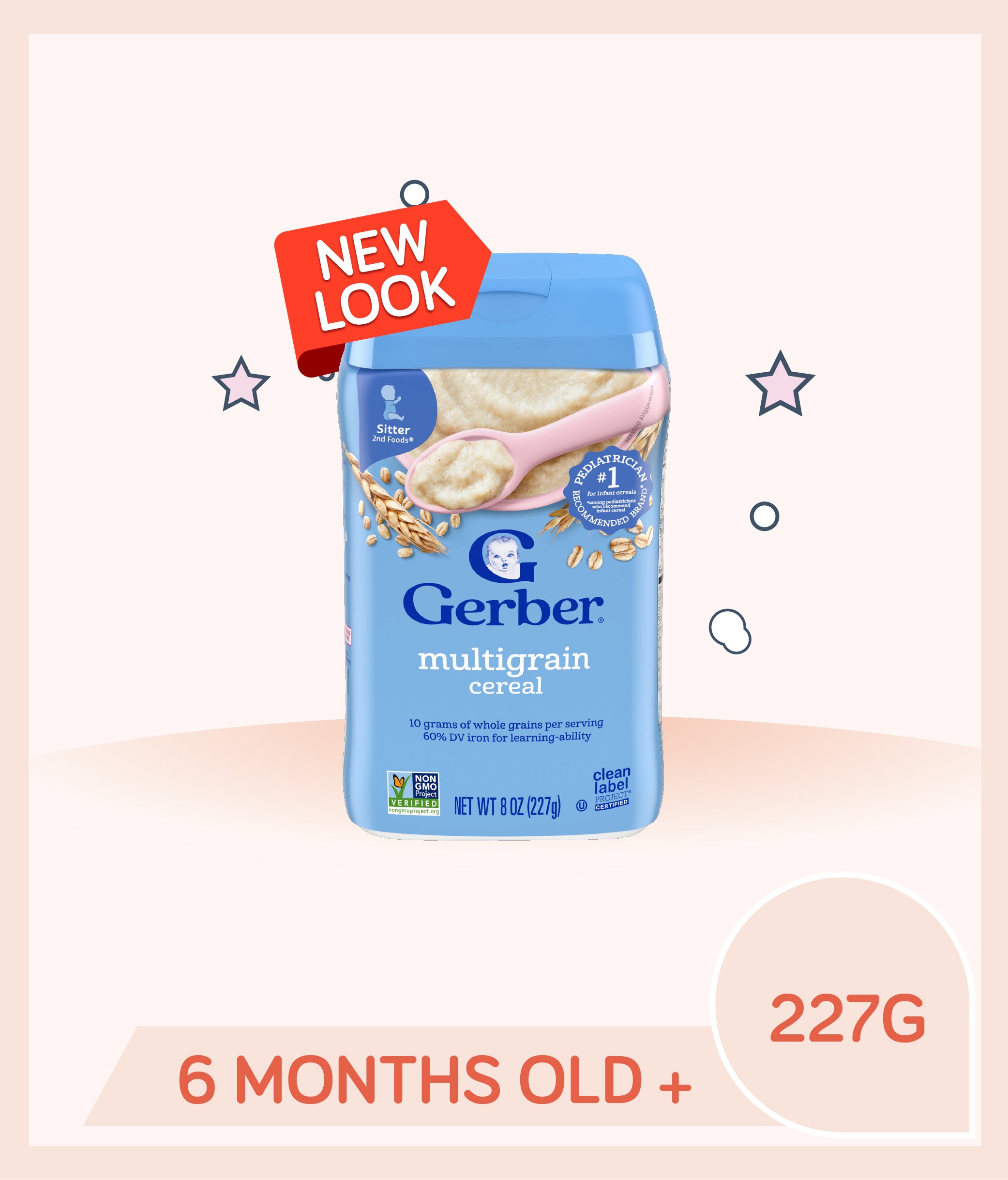
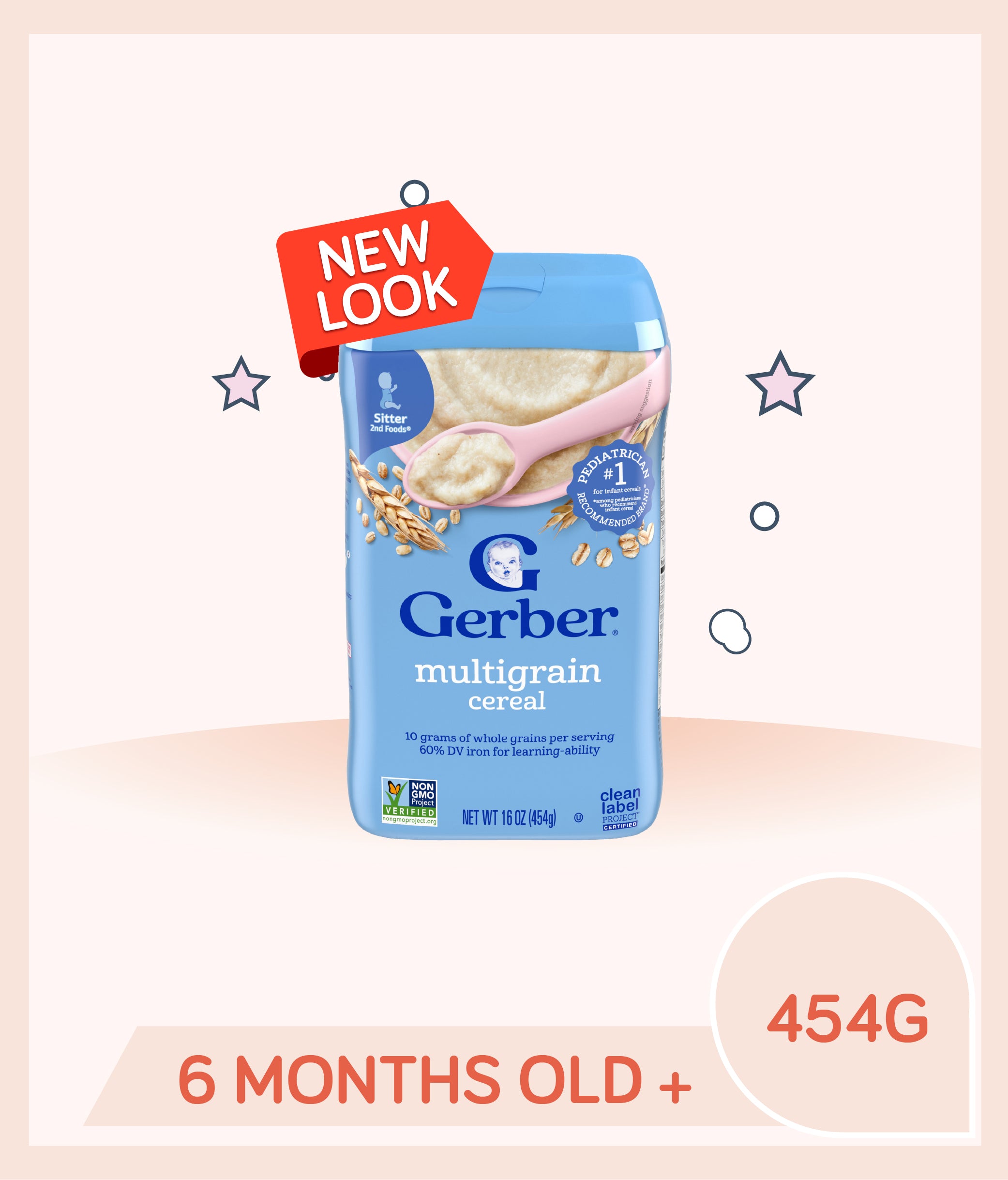
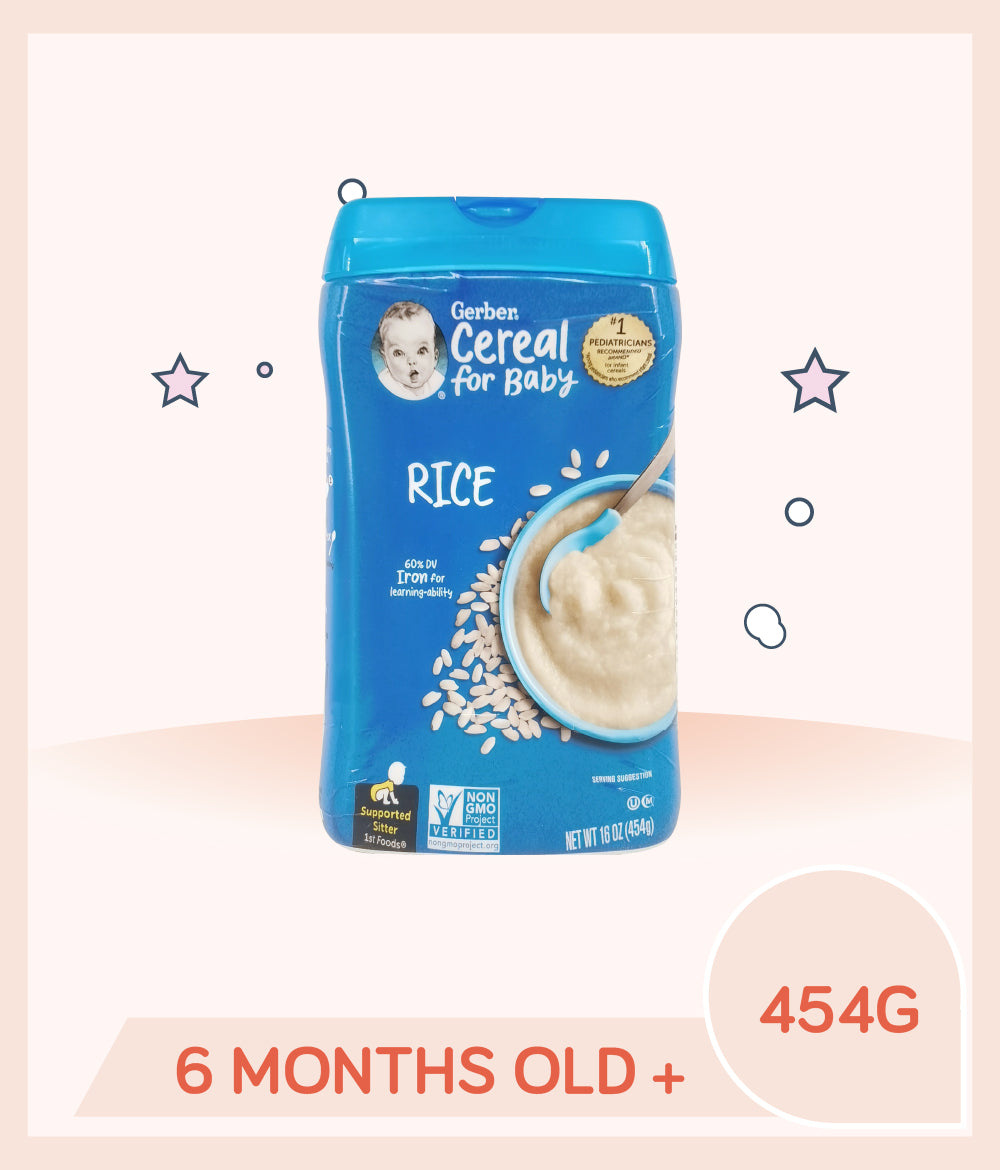
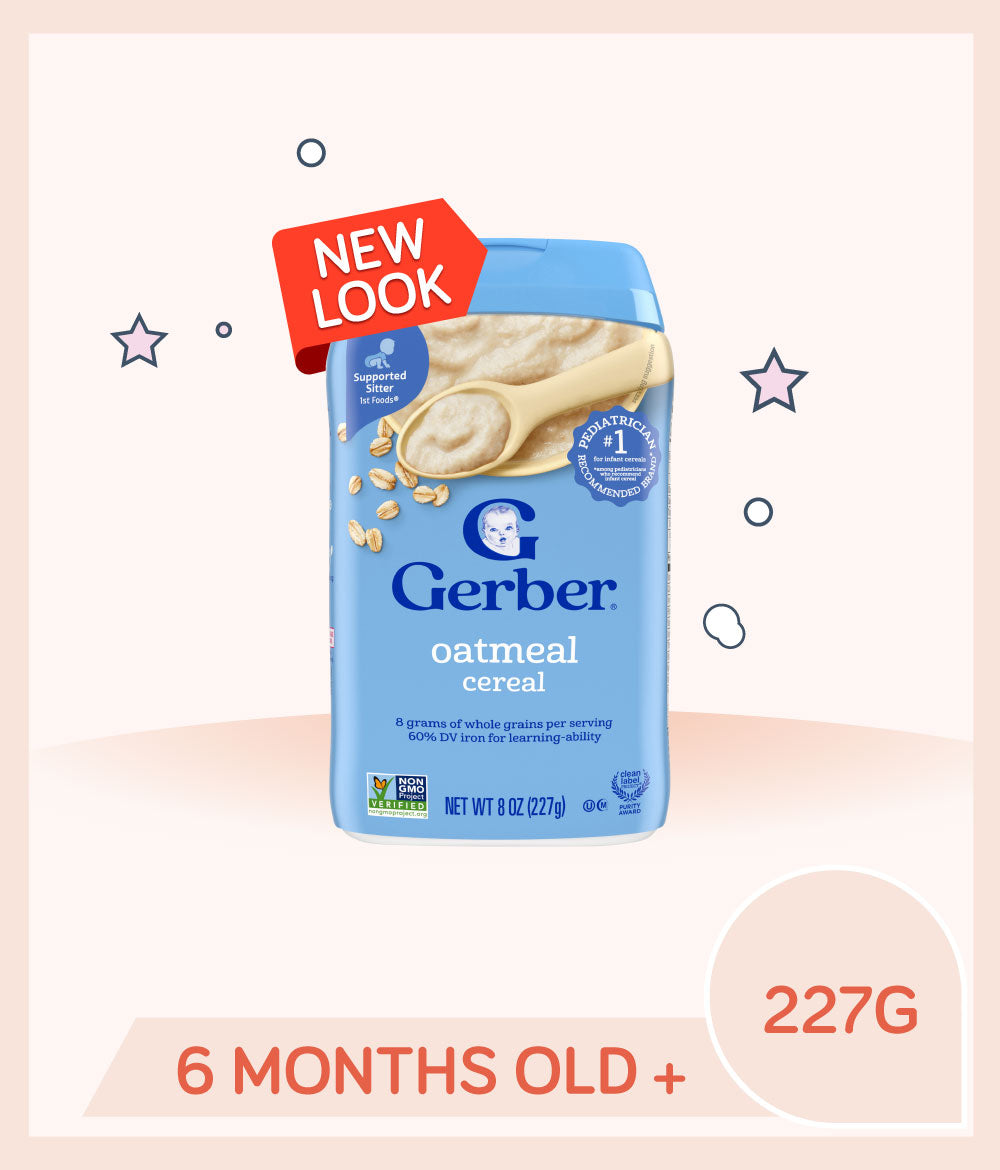
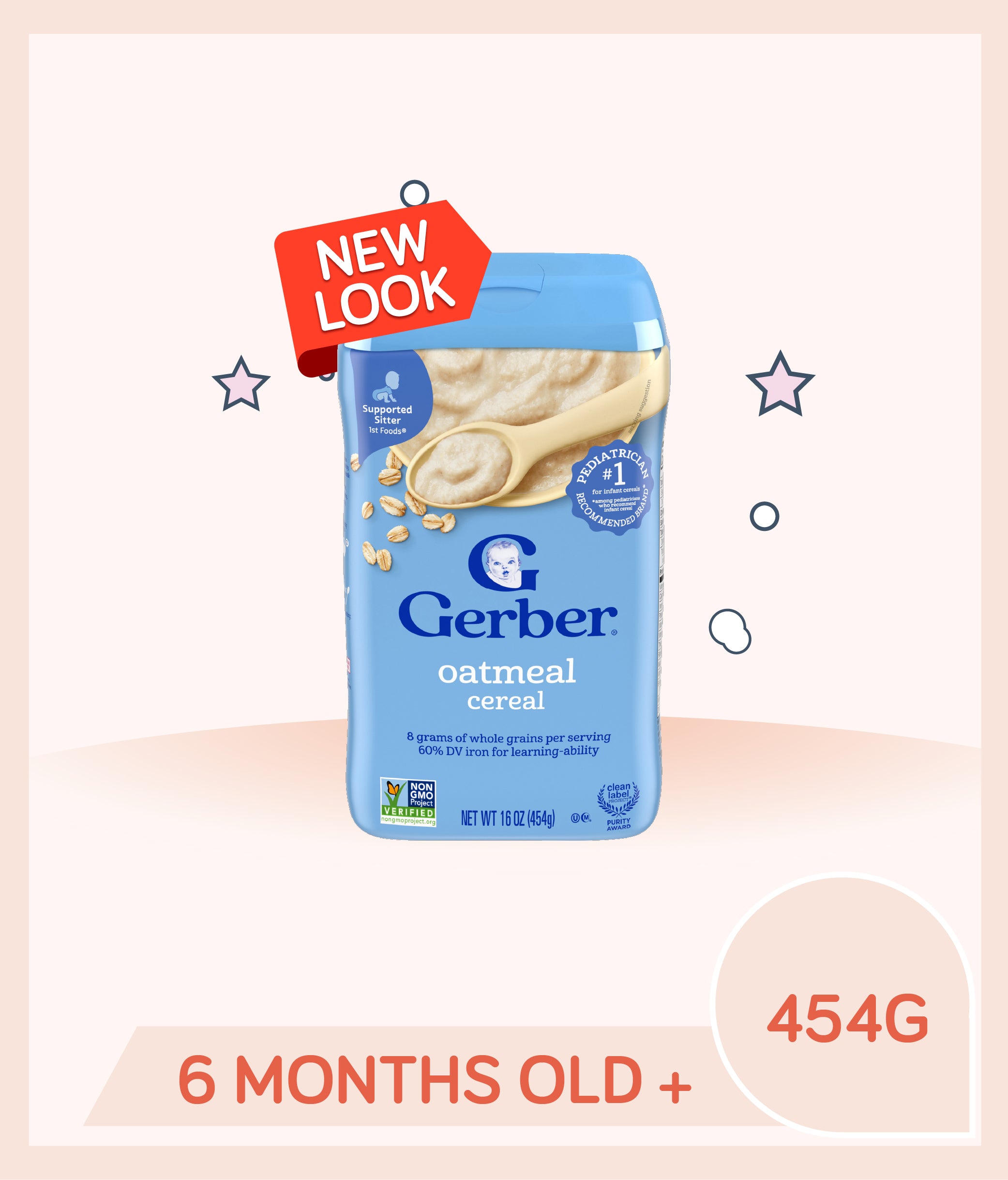
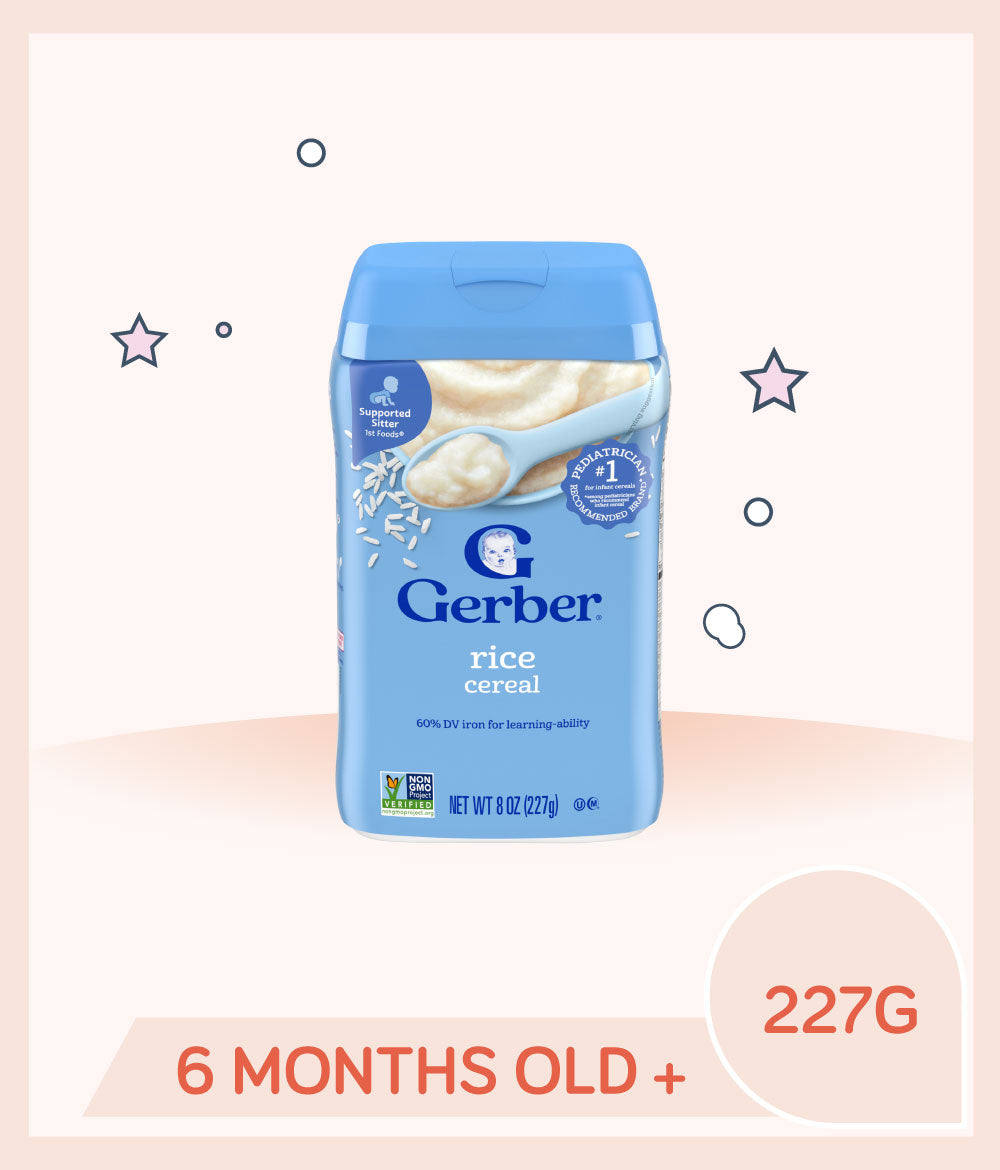




Leave a Reply